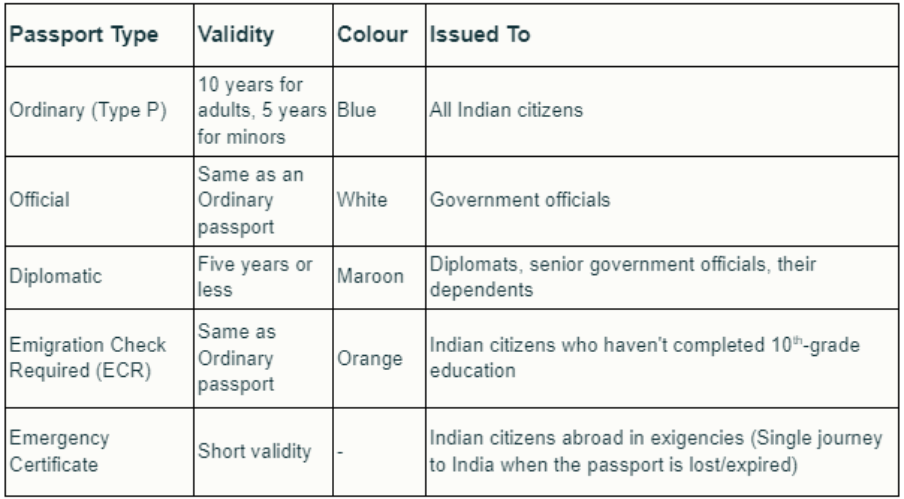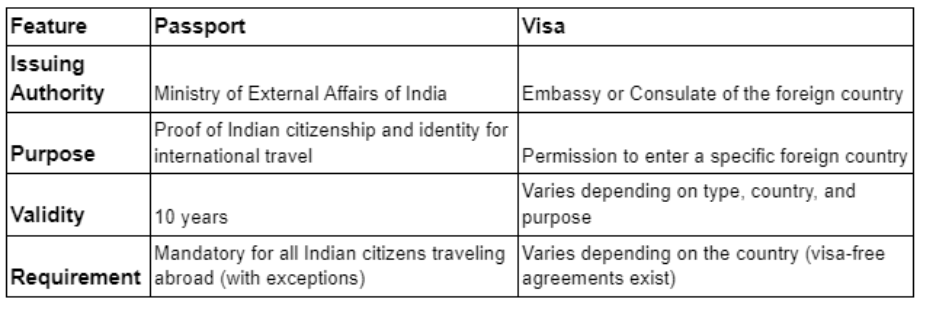List of Current Affairs
Home / List of Current Affairs
Civil Law
Counter Claim Against Co-Defendant in Civil Suits
13-Nov-2025
Source: Supreme Court
Why in News?
The bench of Justices K. Vinod Chandran and N. V. Anjaria in the case of Sanjay Tiwari v. Yugal Kishore Prasad Sao & Ors. (2025) held that a counter claim in a civil suit cannot be directed against a co-defendant and set aside the counter claim raised by defendants 2 and 3 against defendant 1.
What was the Background of Sanjay Tiwari v. Yugal Kishore Prasad Sao & Ors. (2025) Case?
- The plaintiff (appellant) filed a suit for specific performance claiming that defendant No.1 had entered into an oral agreement on December 2, 2002 to sell 0.93 acres of land.
- The entire consideration was allegedly paid on December 3, 2002 through three demand drafts, upon which a receipt was issued promising transfer of the land.
- The plaintiff claimed he was put in possession of the property and had built a boundary wall.
- Defendant No.1 filed a written statement contending that two other persons (later impleaded as defendants 2 and 3) were in possession of part of the suit property, making the suit defective for non-joinder of necessary parties.
- Defendant No.1 claimed that on December 1, 2002, a portion of 50 decimals of the same land was agreed to be transferred to defendants 2 and 3 for Rs.2,95,000/- to be paid on December 3, 2002.
- It was admitted that defendant No.1, due to financial need, had sold 43 decimals to the plaintiff's father for Rs.2,55,000/-.
- Defendants 2 and 3 filed an application for impleadment, which was allowed by the Trial Court.
- After being impleaded, defendants 2 and 3 raised a counter claim against defendant No.1 claiming entitlement to transfer of the entire land.
- The Trial Court admitted the counter claim, which was challenged by the plaintiff before the High Court under Article 227.
- The High Court dismissed the challenge reasoning that the entire issue including maintainability of the counter claim could be decided in the suit itself to avoid multiplicity of litigation.
- The plaintiff appealed to the Supreme Court challenging the admission of the counter claim.
What were the Court's Observations?
- The Court noted that defendants 2 and 3 had no concrete case, as their claims were contradictory - first asserting agreement for entire land for Rs.5,55,000/-, then conceding 43 decimals were for the plaintiff, and finally claiming 50 decimals based on part payment.
- The Court found that the impleading application was filed in 2006, after the limitation period had expired, as the cause of action arose on December 2, 2002.
- The Court relied on Rohit Singh & Ors. v. State of Bihar (2006) which held that a counter claim must be incidental or connected with the plaintiff's cause of action and necessarily directed against the plaintiff, not against a co-defendant.
- The Court also relied on Rajul Mano Shah v. Kiranbhai Shakrabhai Patel (2025) which established that a counter claim for specific performance requires establishing a right first before raising claims against the plaintiff.
- The Court held that the counter claim against co-defendant cannot survive under Order 8, Rule 6A of the Code of Civil Procedure, 1908 (CPC) and clarified that impleadment of defendants 2 and 3 saved the suit from non-joinder defect but did not validate their counter claim.
- The Court found no reason to grant liberty to file a separate suit as the claim was barred by limitation and set aside the counter claim while allowing the Civil Appeal.
What is Counterclaim?
About:
- It is enshrined in Order VIII Rule 6A – 6G of the CPC.
- The 27th Law Commision Report of 1964 recommended to set-up a right to file counterclaim in the civil procedure a right for the defendant.
- As an aftermath of the recommendation, CPC (Amendment) Act, 1976 added rules 6B to 6G to the existing act.
Concept of Counterclaim:
- It is a claim which is independent in nature or can be separated from the claim of the plaintiff.
- When the cause of action arises against the plaintiff the defendant gets the right to submit that claim along with the written statement.
- It is considered as a plaint by the defendant against the claim of the plaintiff and is dealt with in the same manner as a plaint.
- Furthermore, the plaintiff has an opportunity to file a written statement against the plaint consisting of the counterclaim.
- The Supreme Court held the right to file a counterclaim a statutory right, in Laxmidas v. Nanabhai (1964).
- The Delhi HC in the case of Gastech Process Engineering Pvt. Ltd. v. Saipem (2009) deciphered it as a weapon in the hand of the defendant.
Purpose of Counterclaim:
- To stop the multiplicity of suits.
- To save the time of the court of law.
- To make the civil procedure convenient for parties.
- To make the timely trials.
Time of Filing Counterclaim:
A counterclaim can be filed in three situations aligned below: -
- before or after filing the suit,
- before the defendant has delivered his defence,
- before the time limited for delivering his defence, expired.
Modus of Filing Counterclaim:
- By amending written statement with the leave of the court and setting up counterclaim;
- By mentioning into the subsequent pleading prescribed under Order 8 Rule 9.
Essentials of Filing Counterclaim
- It must be filed by the defendant.
- It must for an independent or a claim that is separable in nature.
- It must be filed against the plaintiff. It can be filed against co-defendants in some scenarios.
- It must be in respect of any incident that happened before or after the filing of the suit.
- It cannot be filed at the appellate stage before the appellate authority.
Civil Law
Passport Issuance During Pending Criminal Proceedings
13-Nov-2025
Source: Allahabad High Court
Why in News?
The Division Bench of Justices Ajit Kumar and Swarupama Chaturvedi in the case of Rahimuddin v. Union of India and Another (2025) held that passport authorities can issue passports valid for one year when court permission for travel doesn't specify duration, and directed police departments to complete passport verification within stipulated timelines to avoid delays.
What was the Background of Rahimuddin v. Union of India and Another (2025) Case?
- The petitioner had a criminal case pending against him (FIR No.181 of 2016 under Section 447 IPC and Section 3 of the Prevention of Damage to Public Property Act, 1984).
- Initially, the passport application was declined due to the pending criminal proceedings.
- The petitioner approached the Allahabad High Court through Writ C No. 30083 of 2024, seeking direction for passport issuance.
- Following the Court's order dated 10.09.2024, the petitioner obtained a No Objection Certificate (NOC) from the Chief Judicial Magistrate, Pilibhit on 10.10.2024.
- The Regional Passport Officer, Bareilly issued a passport valid for one year (20.01.2025 to 19.01.2026).
- The petitioner filed the present petition seeking renewal/reissuance of the passport for ten years instead of one year.
- The petitioner relied on the judgment in Pawan Kumar Rajbhar v. Union of India & 2 Others (2024).
- The passport office contended that since the court order didn't specify duration, one-year validity was correctly granted as per the Notification dated 28.8.1993.
What were the Court's Observations?
Legal Framework Analysis:
The Court examined Section 6(2)(f) of the Passport Act, 1967, which mandates refusal of passport if criminal proceedings are pending against the applicant. However, the Central Government exercised powers under Section 22 to issue GSR 570(E) Notification dated 25.08.1993, granting exemption to such persons who obtain court permission.
GSR 570(E) Notification - Key Provisions:
The notification prescribes passport validity duration based on court orders:
- If court specifies period – issue passport for that period.
- If court doesn't specify period – issue passport for one year only.
- One-year passports can be renewed annually if applicant hasn't travelled and court order remains valid.
The Office Memorandum dated 10.10.2019 clarified that GSR 570(E) has statutory force and must be strictly applied.
Constitutional Principles:
The Court referenced Maneka Gandhi v. Union of India (1978), holding that right to travel is part of Article 21, and administrative actions must be fair, reasonable, and non-arbitrary. It also cited Satwant Singh Sawhney (1967), which established that persons are ordinarily entitled to passports unless valid grounds exist for refusal.
Court's Holdings and Directions:
Principal Holdings:
- One-Year Validity Justified: Since the court's NOC didn't specify duration, the passport authority correctly issued passport valid for one year under the 1993 notification.
- No Automatic Right to Ten-Year Passport: Petitioner cannot demand ten-year passport as a matter of right when criminal proceedings are pending.
- Annual Renewal Available: One-year passports can be extended annually if applicant hasn't travelled and court order remains unmodified.
Directions to Authorities:
- Regional Passport Officers must inform applicants within one month if passport cannot be issued.
- Once NOC obtained, dispose application within one further month.
- Police must submit verification reports within four weeks.
General Directions:
- Applicants should obtain necessary NOC before approaching courts.
- Police departments must ensure timely verification to avoid delays.
- Judgment copy sent to all Regional Passport Offices in Uttar Pradesh and Additional Chief Secretary Home, U.P.
What is the Passports Act, 1967?
About:
- The Passports Act, 1967 is a comprehensive legislation enacted by the Parliament of India that governs the issuance of passports and travel documents to Indian citizens and regulates their departure from India. The Act serves as the primary legal framework for passport administration in India and establishes the authority, procedures, and conditions for passport issuance.
- The Act came into force on 24th June, 1967, and extends to the whole of India while also applying to Indian citizens residing outside India. It provides for the issue of passports and travel documents, regulates the departure of Indian citizens and other persons from India, and addresses matters incidental or ancillary to passport administration.
Section 6(2) of Passports Act, 1967:
- Section 6(2) - Refusal of passports, travel documents, etc.
- Specifies the exclusive grounds on which passport authority may refuse to issue passport, including:
- Non-citizenship of India
- Activities prejudicial to sovereignty and integrity of India
- Security concerns
- Criminal convictions
- Pending criminal proceedings
- Outstanding warrants
- Public interest considerations
- Specifies the exclusive grounds on which passport authority may refuse to issue passport, including:


